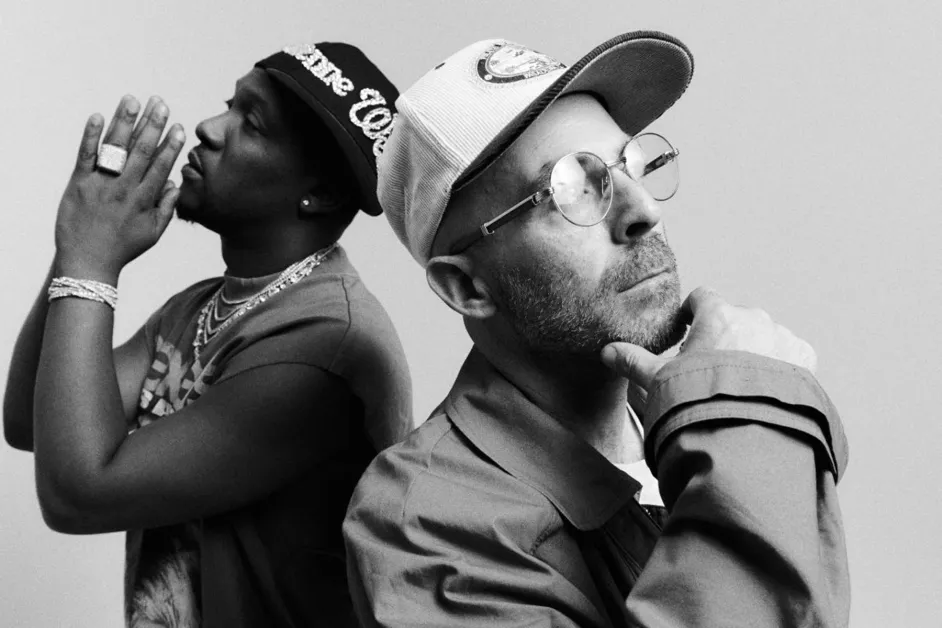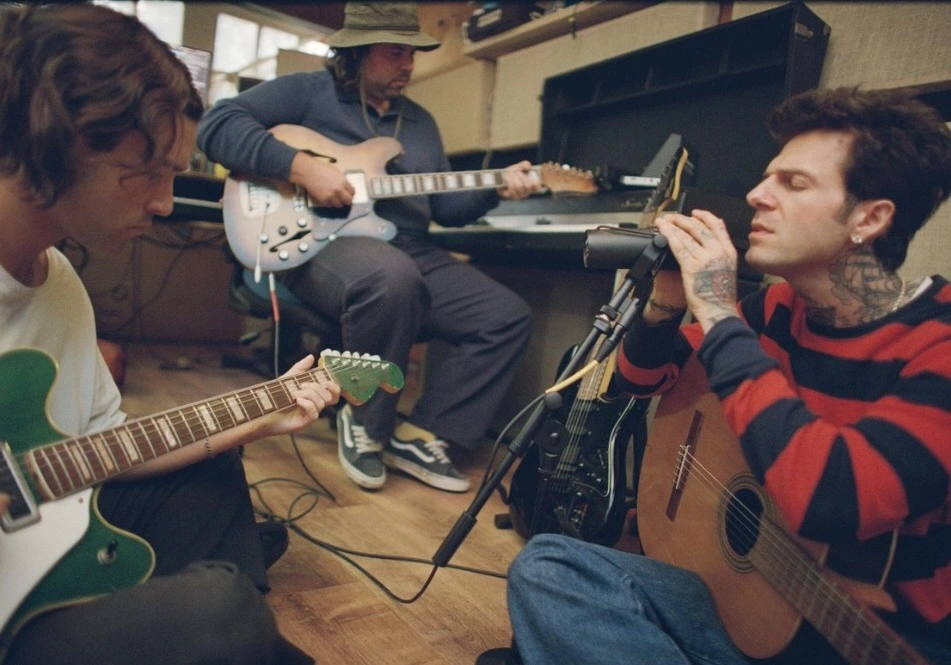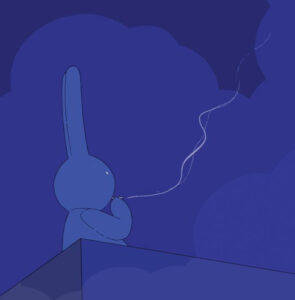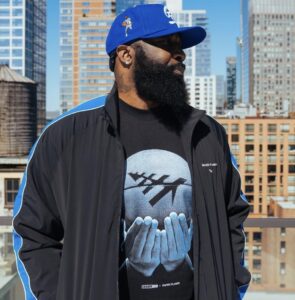In the ever-mutating landscape of genreless pop and indie experimentation, few voices stand out as distinctly as BAYLI’s. With her new song—dropped like a flare in the early hours, without overblown fanfare or elaborate pre-roll—the Brooklyn-born artist signals once again that her creative frequency is one worth tuning into. It’s on the radar, in the airwaves, vibrating against the static of oversaturation. A sound that isn’t just heard—it’s felt.
Titled with intention, scored with emotional clarity, and delivered with a confidence that borders on prophetic, BAYLI’s latest track feels less like a release and more like a transmission. From the song’s opening seconds—where a warped synth mimics the sonic texture of a turning radio dial—to its final line, the record plays like a late-night request sent out across invisible wires, beamed to anyone listening closely enough to catch the signal.
The Atmosphere of Broadcast
BAYLI has long played with pop as a form of elastic narrative, folding queerness, urban Americana, vulnerability, and rebellion into songs that sound both rooted and airy. But with this new release, she enters a new realm: that of sonic broadcasting.
The track opens with a low, analog hiss, as if lifting the needle on a forgotten FM dial. Then comes her voice—clear, intimate, close to the mic. “Can you hear me now?” she asks, softly. It’s a question that feels both literal and metaphysical. And from there, the beat hits.
Musically, it’s a convergence of lo-fi bedroom pop and studio polish. A rubbery bassline bends beneath a lattice of synths, and crisp drum loops carry the momentum forward without overshadowing BAYLI’s signature cadence—a kind of melodic spoken word, always teetering on the edge of song and confession. The chorus bursts through like a chorus from the ether: lush, harmonious, radio-ready—but strangely unplaceable. It doesn’t sound like now, or then. It sounds like next.
Lyrical Code-Switching
Where some artists write songs, BAYLI writes in frequencies. Her lyrics feel modular, as though they could slot into any part of a listener’s life—looped during a bike ride, written on a fogged mirror, repeated under one’s breath on a rainy subway platform. She writes in phrases that linger, sometimes whispered, sometimes bitten.
Lines like
“You tuned me out when I tuned into myself”
and
“Static don’t scare me—I’ve danced in the white noise”
unfold like poems graffitied on signal towers. They carry a sense of coded autobiography, but also invitation. BAYLI is not just transmitting to her audience—she’s with them, mid-journey.
She builds an emotional landscape out of dropped calls, misread signs, replays of voicemail confessions. There’s heartbreak here, but there’s also affirmation. The song seems to live in the tension between intimacy and exposure, like leaving your bedroom door cracked just enough for someone to hear you singing from down the hall.
A Voice That Cuts Through
BAYLI’s vocal delivery continues to be one of her most defining assets. She doesn’t aim for perfection—she aims for presence. At times her voice breaks, rasps, whispers. She’ll hold a note just long enough to make you feel it, then drop it unexpectedly, as if she doesn’t want to give too much away. Her tone is rich, deep, and utterly unbothered by convention.
This approach serves the track perfectly. Over production that could easily slip into over-layered excess, BAYLI’s voice is the compass. It draws everything back to the human. The pulse. The truth.
On the Radio, in the City
The song feels geographically tethered—to the chaos and community of New York City. You can hear the 2AM taxi headlights in it, the hum of bodegas closing down for the night, the distant laughter of someone across the courtyard. It’s not a love song in the traditional sense, but a city song—about connection and disconnection, about trying to hold onto a signal when everything around you is noisy and full of motion.
The track fits neatly into a fictional late-night radio segment—a host spinning music for insomniacs, for lovers separated by boroughs, for wanderers walking home with earbuds in and hearts open. If In the Air Tonight was made for car radios in the ‘80s, and Midnight City was for neon lovers in the 2010s, BAYLI’s new track feels like a broadcast for the Bluetooth age—intimate, wireless, and emotionally charged.
Visuals, Vibes, and the Future Signal
Though BAYLI hasn’t (yet) released a full visual companion to the track, her promotional materials suggest a distinctly DIY-radio aesthetic. Glitched typography, imagery of antennas, cassette tapes, and lone satellite dishes populate her Instagram. She teases meaning through fragments—offering not a storybook, but a signal trail for fans to follow.
And that’s the thing—BAYLI doesn’t deliver finished products. She delivers worlds. This track is another antenna in the larger constellation of her artistry. Whether you’re discovering her through this song or have been following since earlier bangers like 16 and TELLY BAG, this new release marks a moment: a bridge between phases, a transmission of intent.
Ideologue
Her new track doesn’t just belong on playlists—it belongs on soundtracks, on rooftops, on late-night walks where you’re not sure where you’re going, but you know you want to keep moving. It’s a song for that in-between moment—between losing someone and finding yourself. Between tuning in and being heard.
No comments yet.








